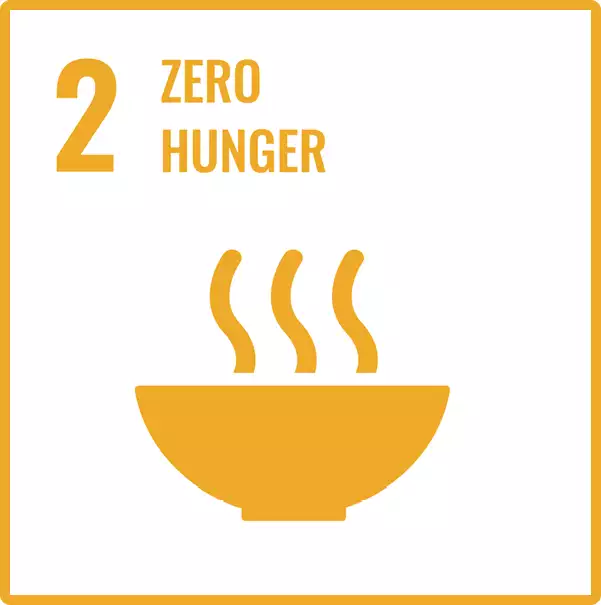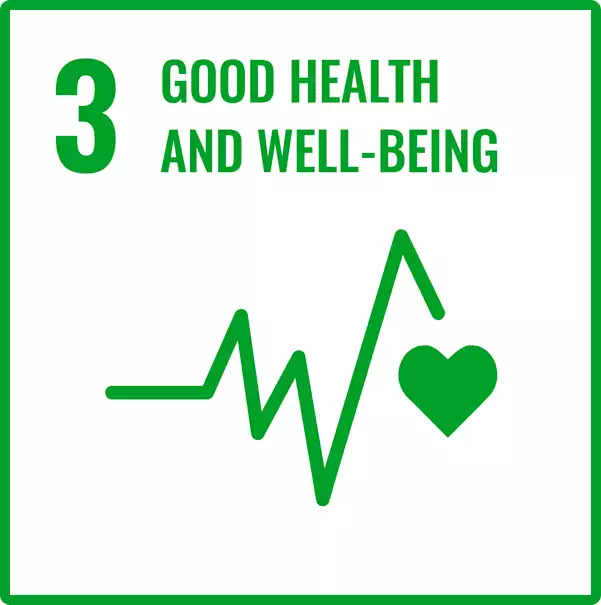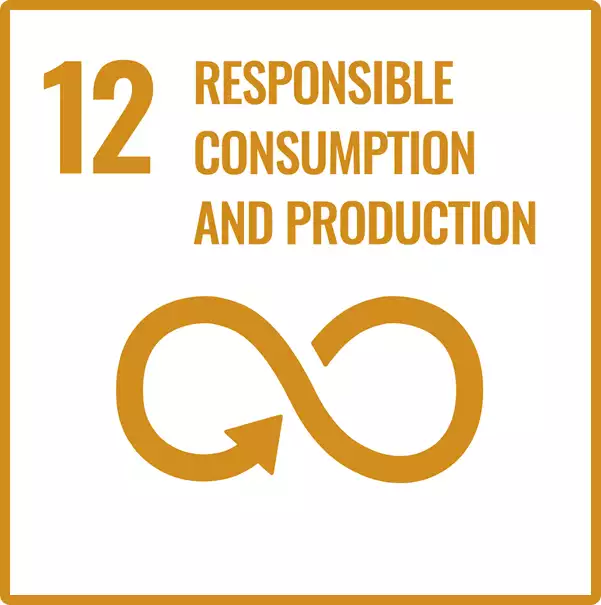ISO 22000 sets the global benchmark for Food Safety Management Systems (FSMS), providing a comprehensive framework for organizations at every stage of the food supply chain to identify, prevent, and control food safety hazards, ensuring consumer safety and regulatory compliance.
Developed by food industry experts, our Exemplar Global certified courses are designed for professionals who need practical, actionable knowledge. From foundational principles to advanced Lead Auditor certification, our training delivers the expertise needed to safeguard your products and your brand.
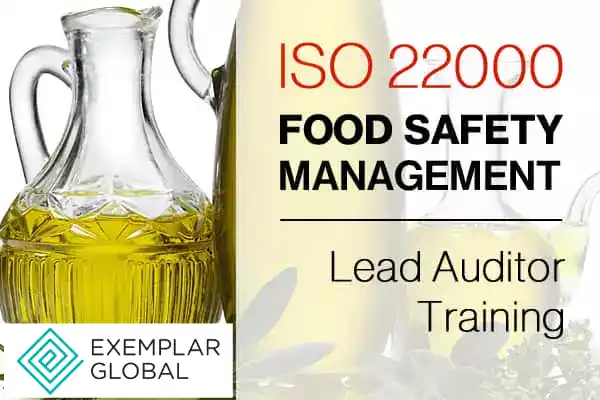
USD 695.00
Certified by Exemplar Global, this 40-hour course covers all topics necessary to become a Certified Lead Auditor in ISO 22000 Food Safety Management Systems. The course teaches auditing techniques, opening and closing meetings, and how to report non-conformities. Tuition also includes advice on how to prepare for the certification audit.
40 hours (on demand)
Certificate of Completion
Exemplar Global certified
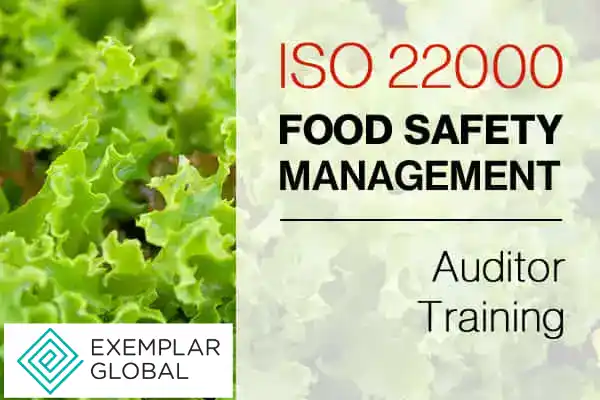
USD 495.00
Certified by Exemplar Global, this ISO 22000 Auditor Training course teaches everything you need to know to audit your organization's Food Safety Management System. The course also teaches you how to correctly interpret ISO 22000 requirements and prepare documented information, the PDCA cycle, best practices, and much more.
16 hours (on demand)
Certificate of Completion
Exemplar Global certified
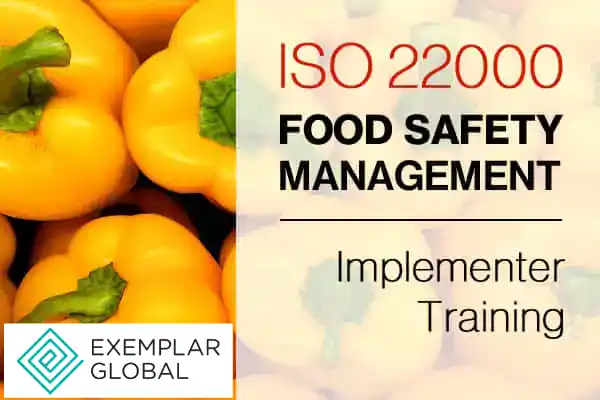
USD 545.00
Certified by Exemplar Global, this is 24-hour course teaches learners how to implement an ISO 22000 Food Safety Management System and achieve certification. As well as covering implementation techniques, the course teaches learners how to correctly interpret ISO 22000 requirements, the PDCA cycle, best practices, and much more. Highly recommended.
24 hours (on demand)
Certificate of Completion
Exemplar Global certified
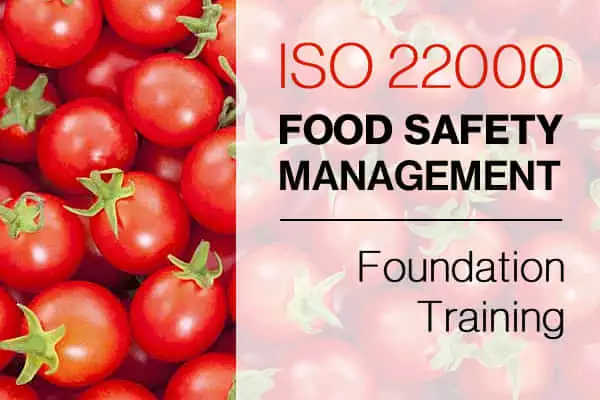
USD 125.00
A great introduction to Food Safety Management Systems, this 4-hour course provides a solid overview of ISO 22000, its benefits and requirements, and the steps generally required to implement the standard and get certified. The course is best taken before your organization makes a start on its implementation project.
4 hours (on demand)
Certificate of Completion
Earning your professional certification in ISO 22000:2018 is a strategic investment in global food safety. It formally validates your expertise in Food Safety Management Systems, making you a valuable asset to employers across the supply chain who are dedicated to preventing contamination, ensuring consumer safety, and meeting stringent global standards.
This certification opens doors to advanced roles such as a Certified ISO 22000 Lead Auditor or a Food Safety Management Implementer.
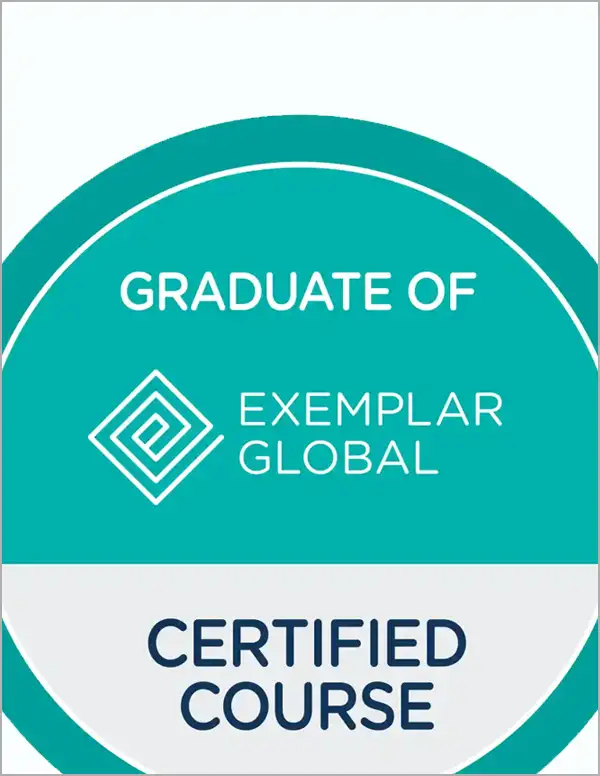
StandardsCourses is an Exemplar Global Certified Training Provider (TPECS). This means our courses and examinations meet rigorous international standards. Your certificate will bear the Exemplar Global accreditation mark, ensuring it is recognized and respected by organizations worldwide.

For a company that's already certified, could your ISO 22000 Foundation Training serve as a sort of refresher course?
Yes, especially if you've been certified for a while and are worried that:
Overall, our ISO 22000 Foundation Training course is a popular, flexible option that can be taken both before and after certification.
We're a very small company and I'll be managing both the ISO implementation and most of the auditing. What course is best for me?
Definitely consider the ISO 22000 Auditor Training course. While it's geared specifically to the needs of internal auditors, it also covers implementation strategies and the steps necessary to set up a Food Safety Management System.
Remember too that you can buy without risk. If you're not satisfied with the course within 30 days of purchase, simply apply for a full refund. Note that refunds can only be given if the course hasn't been completed.
Does your ISO 22000 Lead Auditor Training cover all topics included in the "standard" auditor course?
Yes, which makes it an extremely versatile course and one to consider for all company-appointed auditors if your organization is in the early stages of its implementation and isn't sure which auditor will be assigned the lead auditor role.
In the above scenario, ISO 22000 Lead Auditor Training can also be thought of as "insurance" against the possibility of an appointed lead auditor declining the role or performing less well than expected.
We recently passed our ISO 22000 certification audit. What's the best way to show and promote the certificate?
For starters, the International Organization for Standardization makes it clear that companies wishing to show and promote their certification must use a logo issued by their registrar. In all likelihood, this will be a slightly customized version of the official ISO logo.
Once you have the correct logo, it's usually best to show it on business cards, letterheads, and your website. Integrate it into brochures and newsletters, company signage, and any promotional or advertising campaigns. Take pride in showing it off, but don't overdo it or use it at the expense of other company achievements.
How long is ISO 22000 certification valid for?
Three years. After that, companies are required to undergo annual surveillance audits to make sure their Management Systems still comply with the ISO 22000 standard's requirements.
In 2015, the United Nations introduced 17 Sustainable Development Goals (SDGs) as a universal call to action to end poverty, protect the planet, and ensure that by 2030 all people enjoy peace and prosperity. Becoming an expert in ISO 22000 empowers you to contribute directly to this global mission.
The skills you gain from our ISO 22000 training will allow you to help organizations make a tangible impact:
Goal 2: Zero Hunger – A robust Food Safety Management System is essential for securing the food supply chain, reducing food loss from contamination, and ensuring the food that is produced is safe to eat.
Goal 3: Good Health & Well-Being – Preventing foodborne illnesses and ensuring safe food directly protects public health and saves lives.
Goal 12: Responsible Consumption & Production – FSMS minimizes food waste by preventing safety-related spoilage and promotes sustainable management of resources throughout the food chain.
